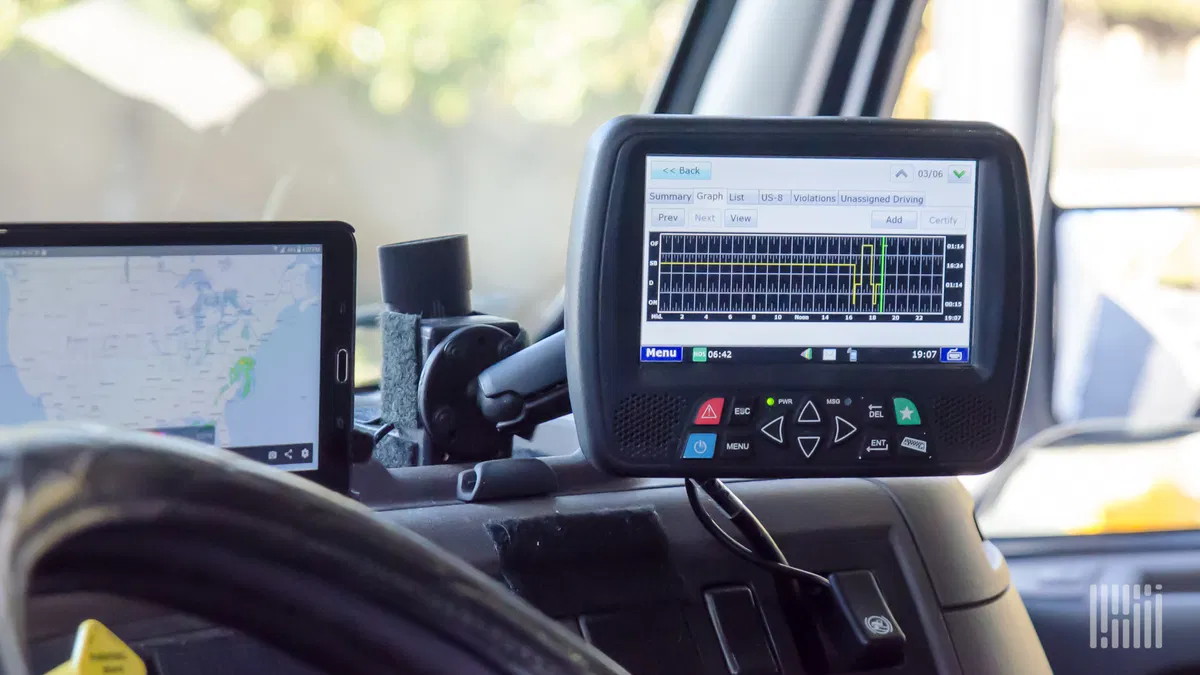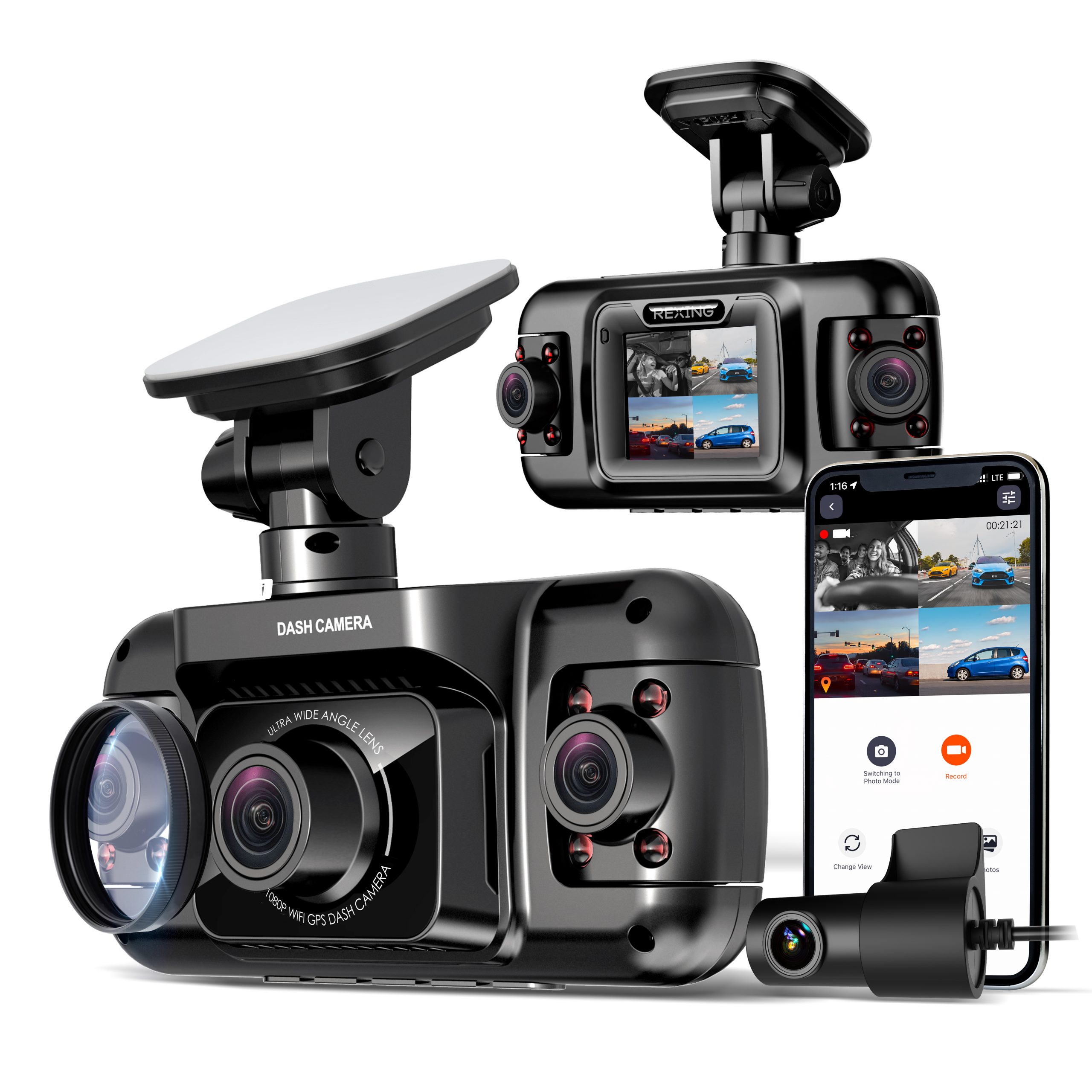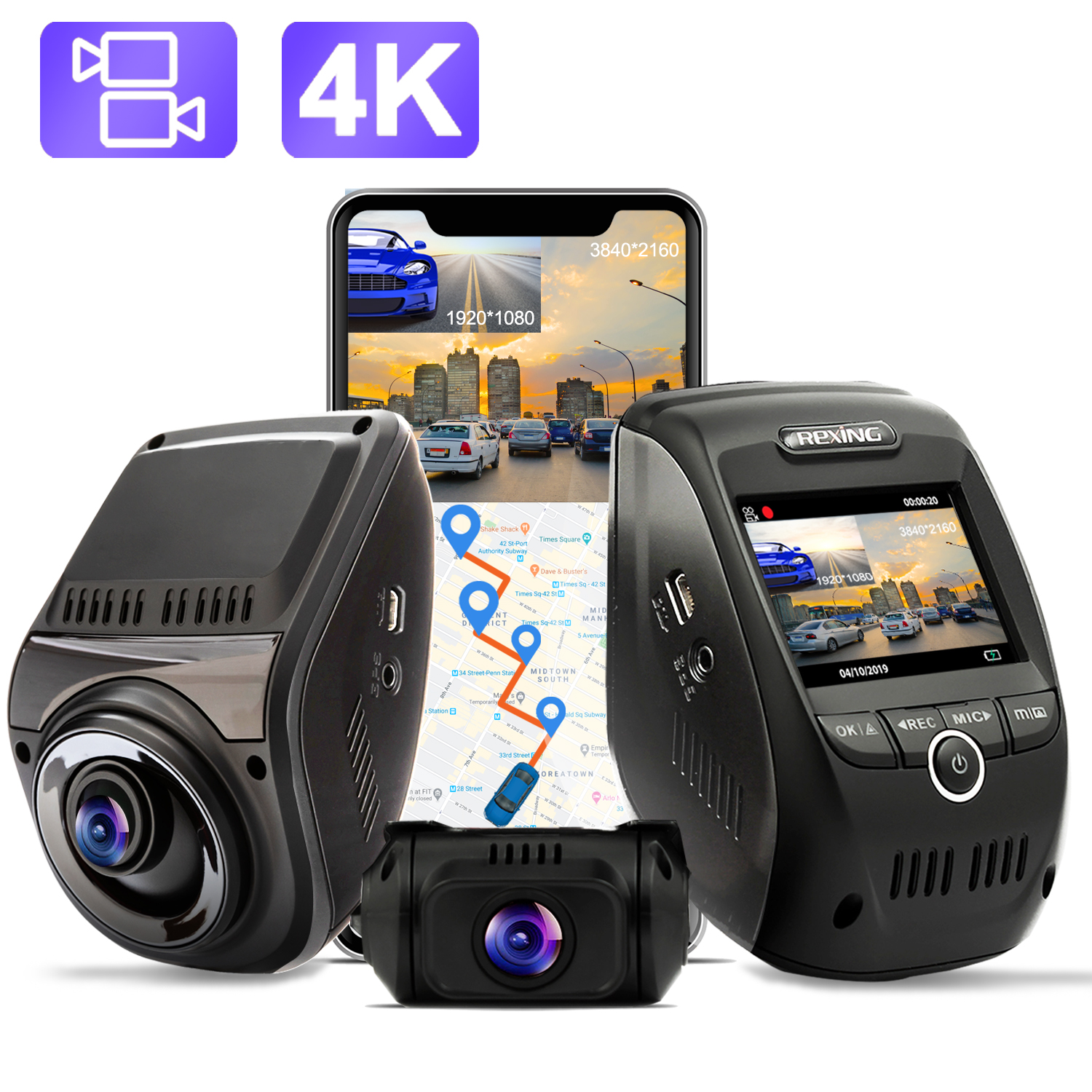Major ELD Shake-Up Impacts Trucking Industry
In a decisive move to reinforce compliance standards in commercial trucking, the Federal Motor Carrier Safety Administration (FMCSA) has removed eight Electronic Logging Devices (ELDs) from its list of registered devices. This action, announced in early May 2025, impacts a significant number of carriers and highlights the critical need for proper due diligence when selecting ELD solutions.
Which ELDs Were Removed and Why?
The FMCSA revoked these ELDs after determining that they no longer meet federal technical specifications required under Title 49 CFR Part 395, Appendix A. This includes core compliance features such as location accuracy, tamper resistance, data transfer reliability, and real-time status logging.
The ELDs Removed from the Registry:
-
AllwaysTrack
-
Command Alkon Trackit
-
ELDX
-
Gorilla Safety Compact ELD
-
HCSS ELD
-
LB Technologies FleetTrack HOS
-
Simplex ELD 2GO
-
Trucker Path ELD Pro
These devices are no longer considered compliant, and continued use may result in violations and out-of-service orders.

Compliance Steps: What Affected Carriers Must Do Immediately
If your fleet is using any of the revoked devices, here’s what you need to do right now:
1. Stop Using the Revoked ELDs
Carriers must discontinue use of these devices immediately upon notification and shift to a compliant alternative.
2. Switch to Paper Logs (Temporarily)
Drivers are permitted to revert to manual paper logs to track their Hours of Service (HOS) while transitioning to a new ELD.
3. Replace With a Registered ELD by July 11, 2025
The FMCSA has provided a 60-day grace period ending July 11, 2025, for affected fleets to install a compliant ELD listed on the official FMCSA Registered ELD List.
4. Keep Documentation Ready
Maintain clear documentation showing due diligence and timeline of device replacement, in case of roadside inspections or audits.
What Happens if Fleets Don’t Comply?
Failure to replace non-compliant ELDs by the deadline can result in:
-
Out-of-service orders under CVSA criteria
-
Citations for “no record of duty status” under §395.8(a)(1)
-
Increased scrutiny during audits and inspections
-
Potential safety rating impacts for habitual violations
Understanding the Self-Certification System
Unlike other regulatory systems, the FMCSA uses a self-certification process for ELDs. Manufacturers attest their product meets federal requirements — but there is no independent verification before listing.
Why ELDs Get Removed:
-
Failure to meet technical specs during post-certification reviews
-
Inadequate data transmission capability (web services, email, Bluetooth)
-
Poor GPS accuracy or log tampering risks
-
Security vulnerabilities and poor user experience
-
Lack of timely updates or customer support
Since 2017, over 248 ELDs have been removed — including 37 by FMCSA and 211 by the vendors themselves.
Comparison: How the U.S. Differs From Canada
Canada, unlike the U.S., requires third-party ELD certification through accredited testing labs. This ensures:
-
Greater hardware and software reliability
-
Higher trust in vendor compliance
-
Stronger enforcement and accountability
As such, Canadian fleets face fewer ELD failures and revocations, a system some U.S. experts are now urging FMCSA to consider adopting.

Tips for Choosing a Reliable ELD Provider
Avoid disruptions by thoroughly vetting your ELD vendor. Here’s how:
✅ Check ELD Registry Frequently: Don’t assume your device is safe — confirm its status regularly on the FMCSA site.
✅ Read Vendor Reviews and Complaints: Poor support, technical issues, or crash reports are red flags.
✅ Ask for Compliance Documentation: Reputable providers will share how they meet FMCSA requirements and update firmware.
✅ Ensure Scalable Features: Look for integration with IFTA, DVIR, and telematics for long-term use.
✅ Test Customer Support: A vendor with 24/7 support can save you in a roadside emergency.
What the Industry Is Saying
“This is a wake-up call for fleets that ELD compliance is not a ‘set it and forget it’ situation,” said Jessica Weller, a compliance analyst with FleetCore Logistics. “Carriers need to treat ELD selection as seriously as they treat insurance or safety training.”
“The FMCSA’s actions show they are watching — and willing to act — even years after a device is first registered,” added Michael Tran, an attorney specializing in federal motor carrier law.
Conclusion: Stay Proactive, Stay Compliant
This latest FMCSA action highlights the ever-changing landscape of trucking regulations. If your fleet is affected, act quickly to maintain compliance and avoid penalties. Long-term, choose ELD vendors that offer transparency, proven performance, and support — not just low cost.
Bookmark the FMCSA’s official ELD registry and create an internal audit schedule to review your tech stack annually.






